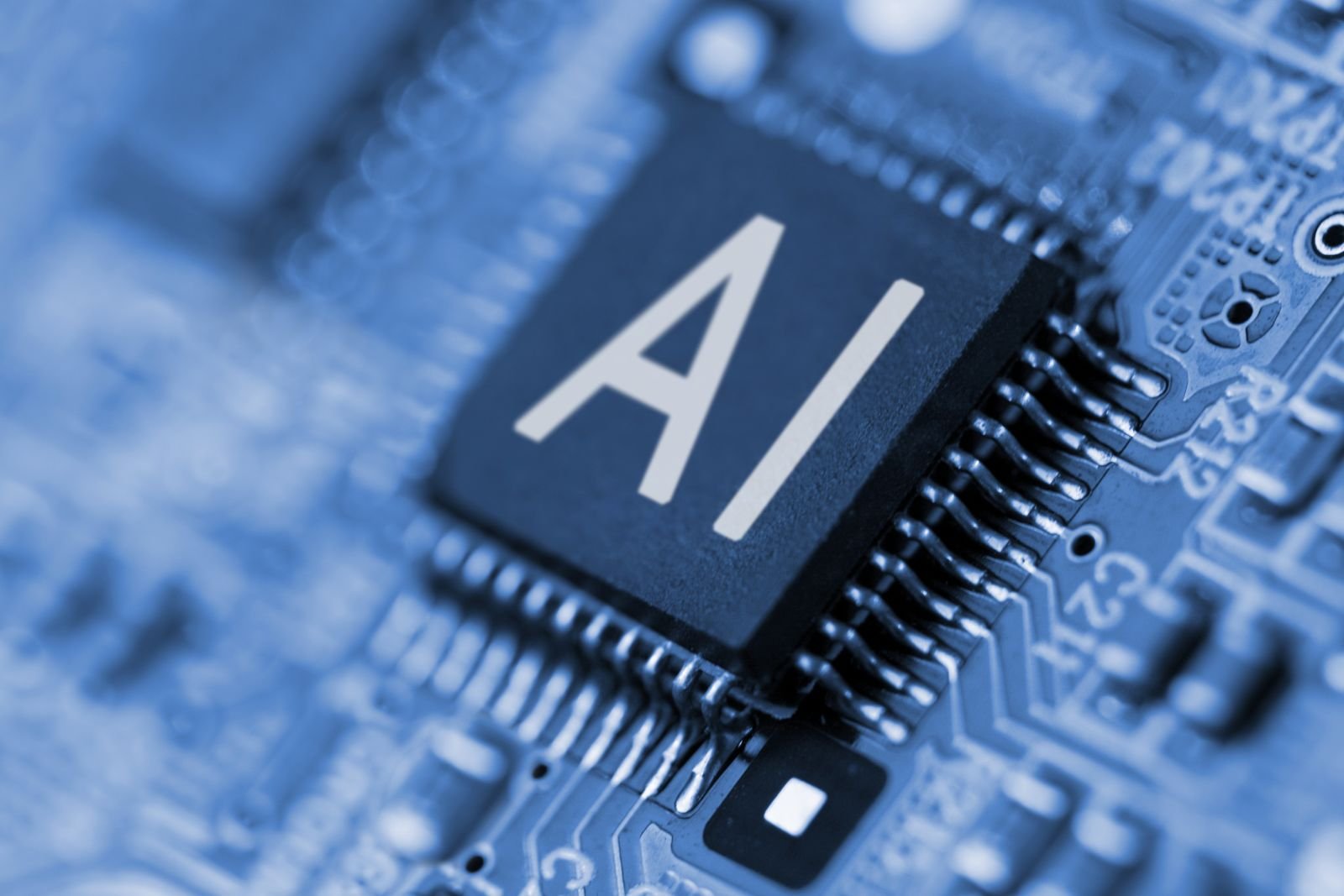Goldman Sachs, the global investment banking giant, has revealed its predictions on how the booming artificial intelligence (AI) sector will evolve, impacting the stock market and creating significant investment opportunities. According to Goldman analysts, the AI market focus is shifting – first towards companies building AI infrastructure and later towards businesses harnessing AI for greater revenue and productivity.
Key Highlights:
- Infrastructure Boom: Companies crucial to AI infrastructure development are poised for substantial growth.
- Revenue and Productivity Focus: AI’s impact will extend to driving revenue and boosting productivity across various industries.
- Stock Picks: Goldman Sachs identifies specific stocks likely to benefit from these AI-driven trends.
The Evolving AI Investment Landscape
The meteoric rise of AI tools like ChatGPT has captured the world’s attention and significantly impacted technology stocks. Goldman Sachs’ analysts, led by Ryan Hammond of the portfolio strategy research team, believe this is just the beginning. Their March 14 market note outlines the next phases of the “AI trade” and how investors can position themselves to capitalize on them.
Phase One: The AI Infrastructure Gold Rush
The current focus, as Hammond explains, has been on companies like Nvidia, whose chips are essential for training and running AI models. However, the next big wave of AI-fueled growth will likely favor companies building the underlying infrastructure that powers the entire AI ecosystem.
Goldman Sachs highlights stocks like GlobalFoundries (GFS), a major semiconductor manufacturer, and Amazon (AMZN), a market leader in cloud computing services, as poised to benefit significantly from this trend. The expected surge in demand for AI infrastructure is predicted to boost these companies and may lead to stock price increases.
Phase Two: AI for Business Growth
In the future, AI is predicted to become instrumental in driving revenue and productivity gains across a wide range of industries. Goldman Sachs analysts envision AI transforming sectors like finance, healthcare, and marketing.
Some companies flagged as potential beneficiaries of this trend include:
- Intuit (INTU): A financial software provider that has the potential to leverage AI for more streamlined tax preparation and financial planning.
- Adobe (ADBE): A creative software company expected to integrate AI into its tools, enhancing content creation and personalization.
- Pinterest (PINS): This image-sharing platform could utilize AI for better recommendations and targeted advertising.
- Tenet Healthcare (THC): As a major hospital operator, Tenet Healthcare could use AI to improve patient care and operational efficiency.
Building the Foundation: AI Infrastructure
Semiconductor companies and cloud service providers are vital to powering AI’s growth. Chip manufacturers enabling the advanced computing required by AI systems are poised to enjoy strong demand. Similarly, cloud-based AI solutions are increasingly sought by businesses.
AI-Driven Revenue and Productivity Boost
As AI technology matures, the focus moves towards concrete business use cases. Companies utilizing AI for sales and marketing optimization, as well as operational efficiency gains, can significantly improve their financial performance. Goldman Sachs anticipates substantial upside potential for businesses successfully tapping into these AI-driven enhancements.
Staying Ahead of the Curve
Goldman Sachs’ analysis emphasizes that the impact of AI on the stock market is entering a dynamic new era. The investment bank’s report underscores that the breadth and depth of AI’s application across industries mean the best opportunities may lie in stocks yet to experience the full “AI boost.” Investors are encouraged to keep a close eye on these emerging trends to identify the companies positioned to lead the next wave of AI-driven growth.






























